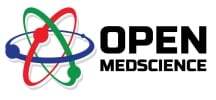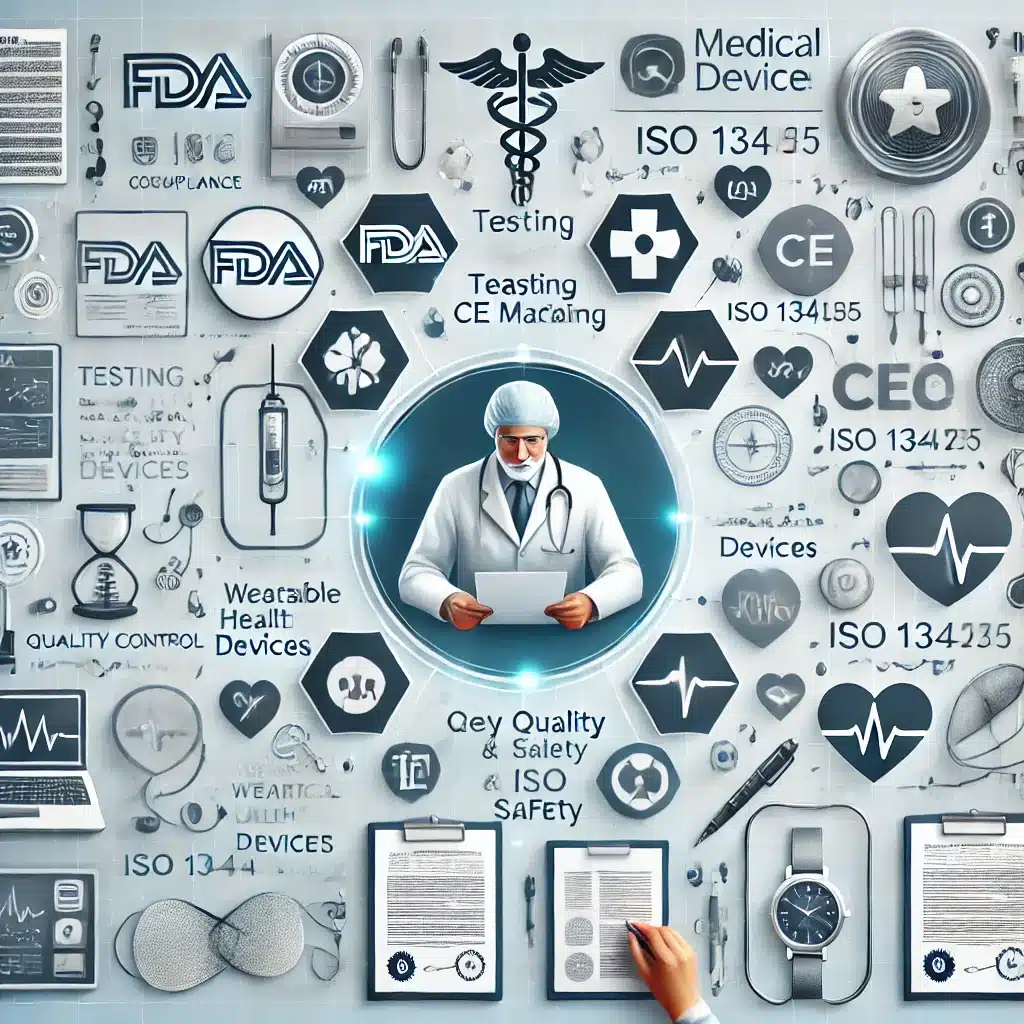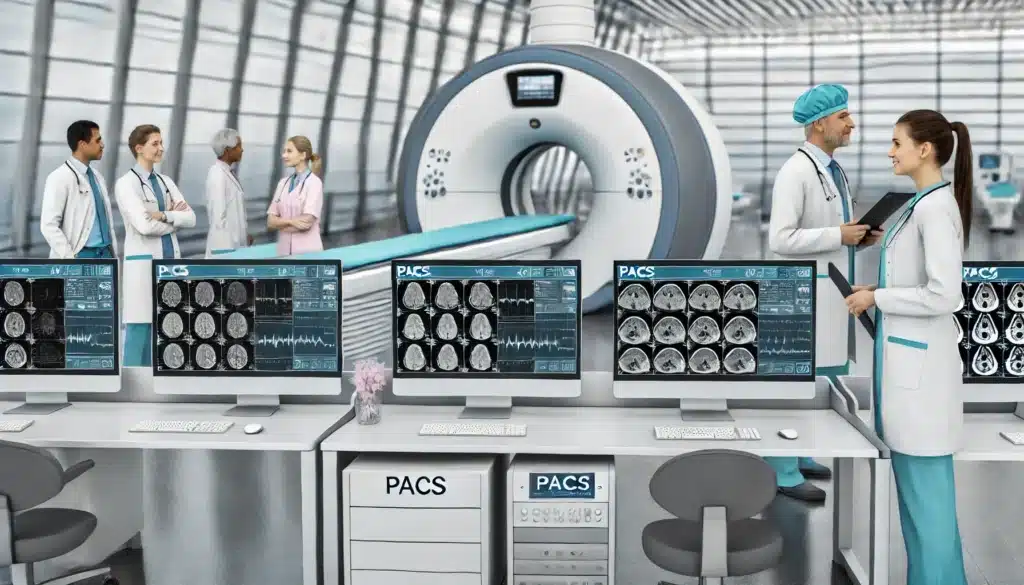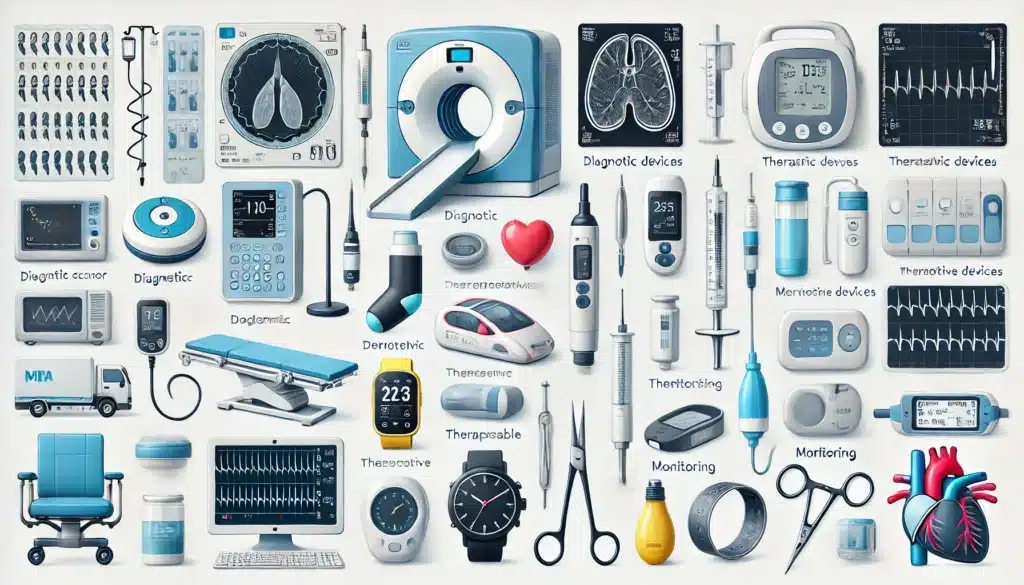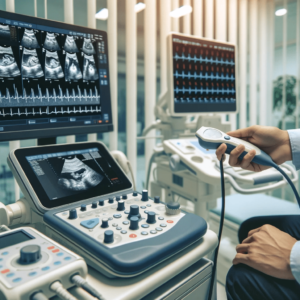Medical Devices
Medical devices are an integral part of the healthcare industry, encompassing a vast range of instruments, machines, implants, software, and other apparatuses used to diagnose, prevent, monitor, treat, or alleviate diseases. They range from simple tools like thermometers and stethoscopes to advanced technology like MRI machines, pacemakers, and robotic surgical systems.
Classification and Regulation
Medical devices are categorised based on their intended use and risk level. In the United States, the Food and Drug Administration (FDA) classifies them into three categories: Class I (low risk, like bandages), Class II (moderate risk, such as catheters), and Class III (high risk, including heart valves and implantable defibrillators). The classification determines the level of regulatory control required to ensure safety and effectiveness.
Innovation and Technology
Rapid technological advancements mark the field of medical devices. Innovations like wearable health monitors, telemedicine equipment, and minimally invasive surgical tools have revolutionised patient care. Wearable devices, for instance, allow continuous monitoring of vital signs, enabling early detection of potential health issues.
3D printing technology is another breakthrough used to create custom implants and prosthetics, offering a personalised approach to patient care. Artificial intelligence (AI) and machine learning are increasingly being incorporated into medical devices, improving diagnostic accuracy and patient outcomes.
Impact on Healthcare
Medical devices have profoundly impacted the quality and efficiency of healthcare. Diagnostic devices like ultrasounds and X-rays provide critical insights into the body’s internal workings, aiding in accurate diagnosis. In treatment, devices range from basic syringes for drug delivery to sophisticated robotic systems used in surgeries, enhancing precision and reducing recovery times.
Challenges and Considerations
Despite their benefits, medical devices also present challenges. Ensuring patient safety, managing cybersecurity risks in digital devices, and maintaining regulatory compliance are ongoing concerns. Cost is another significant factor, as advanced medical devices can be expensive, impacting healthcare affordability and accessibility.
Medical devices are essential components of modern healthcare, offering innovative solutions for diagnosis, treatment, and patient monitoring. While they bring immense benefits, addressing the challenges associated with their development, implementation, and use is crucial in maximising their potential to improve patient care and health outcomes.
You are here:
home » medical devices
